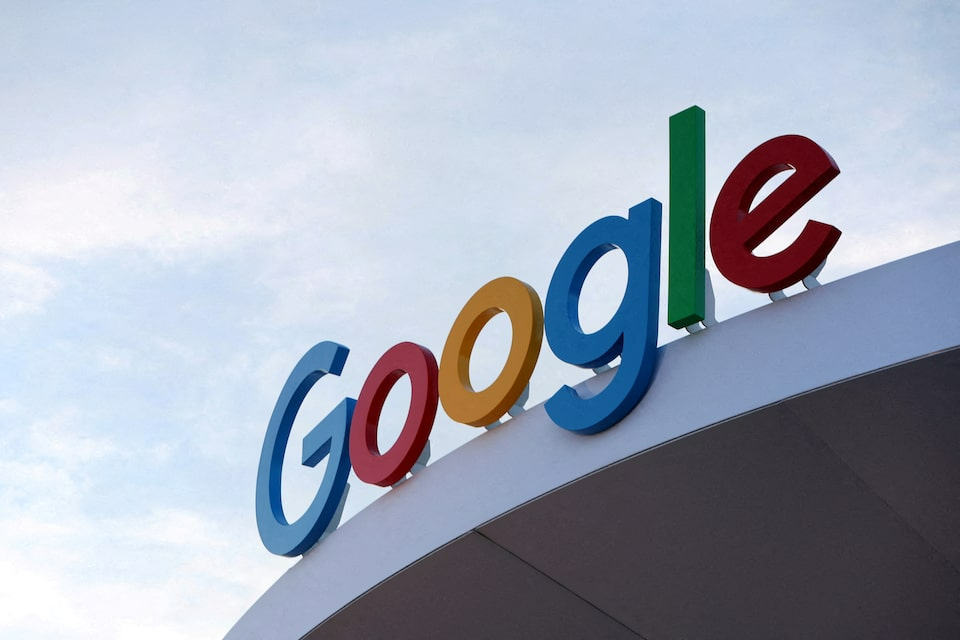France’s data protection authority, the CNIL (Commission Nationale de l’Informatique et des Libertés), has imposed a €325 million ($381 million) fine on Google for violating consumer privacy laws. The penalty stems from the tech giant’s failure to secure proper user consent when displaying ads in Gmail and deploying tracking cookies during the Google account creation process.
Among the key violations, the CNIL noted that ads appeared between users’ Gmail messages without explicit consent, and that cookies tracking user behavior were activated by default when users signed up for Google accounts—both actions violating GDPR consent requirements. To restore compliance, Google must cease serving ads between emails and ensure valid consent is obtained at account setup. Should the company fail to comply within six months, it faces a daily fine of €100,000, which will affect its Irish subsidiary as well.
This hefty fine is not isolated. In 2019, CNIL imposed a €50 million penalty on Google for similar lapses—specifically, lacking transparency and valid consent during mobile device and Android account setups. France’s highest administrative court later upheld that fine, confirming Google LLC’s accountability under GDPR.
Beyond data protection, Google has faced multiple fines from French authorities: a €250 million fine in 2024 by the competition watchdog over failure to negotiate fair compensation with media publishers, and additional penalties over misuse of copyrighted content in AI services.
The CNIL’s latest action reflects intensifying regulatory scrutiny of how major platforms manage advertising and user tracking. Under GDPR, consent must be freely given, informed, specific, and unambiguous. Pre-checked boxes, hidden disclosures, or default tracking mechanisms fall short of this standard.
Google’s practice of default enabling tracking—without a clear refusal option—caught the agency’s attention. Similar penalties have also been levied against Facebook for overly complex cookie refusal processes. These cases underscore regulators’ expectation that privacy choices must be easy and upfront, not buried in layered disclaimers.
The €325 million fine casts a long shadow over global digital advertising practices. For Google, the financial impact may be modest, but the reputational repercussions are significant. The case signals to other platforms that superficial compliance won’t suffice—especially in Europe, where consumer protections are stronger.
As businesses re-evaluate their consent mechanisms and ad practices, several legal and policy challenges emerge:
-
Are Google’s consent flows now compliant across other EU jurisdictions?
-
Will this outcome influence enforcement in Germany, Spain, or Italy?
-
Can this set precedent for platforms like Apple and Amazon?
The stakes are higher as Europe pushes digital sovereignty and privacy-first regulation through instruments like the Digital Services Act (DSA) and Data Act.
For EU users, the ruling reinforces their control over personal data—ensuring that ad tracking is not a default condition of using core services like Gmail. CNIL’s insistence on active, clear assent respects GDPR’s higher standard for user autonomy.
Regulatory momentum also appears bipartisan. France is not alone—Germany’s BfDI and Italy’s Garante have issued similar fines. This evolving landscape pushes companies toward privacy-by-design, where consent architecture shapes product development from the outset, not as an afterthought.
Google has confirmed it is reviewing the decision and noted recent efforts to improve opt-out options for personalized ads and to refresh ad presentation in Gmail. Whether these changes satisfy regulatory standards will be closely observed in upcoming compliance reviews.
Meanwhile, privacy advocates and watchdogs warn this will not be the last of GDPR-based enforcement waves. Fines such as this reflect a new era where digital giants are held accountable for default settings and consent practices. Lessons learned will likely shape future product design, transparency, and cross-border legal strategies.
Looking ahead, experts believe the fine against Google represents only the beginning of stricter enforcement under Europe’s expanding digital rulebook. As AI-driven personalization, automated advertising, and cross-border data transfers grow more complex, regulators are expected to sharpen their scrutiny further. For global tech firms, this signals a decisive shift: regulatory compliance will not merely be a legal safeguard but a central pillar of business strategy in Europe.


